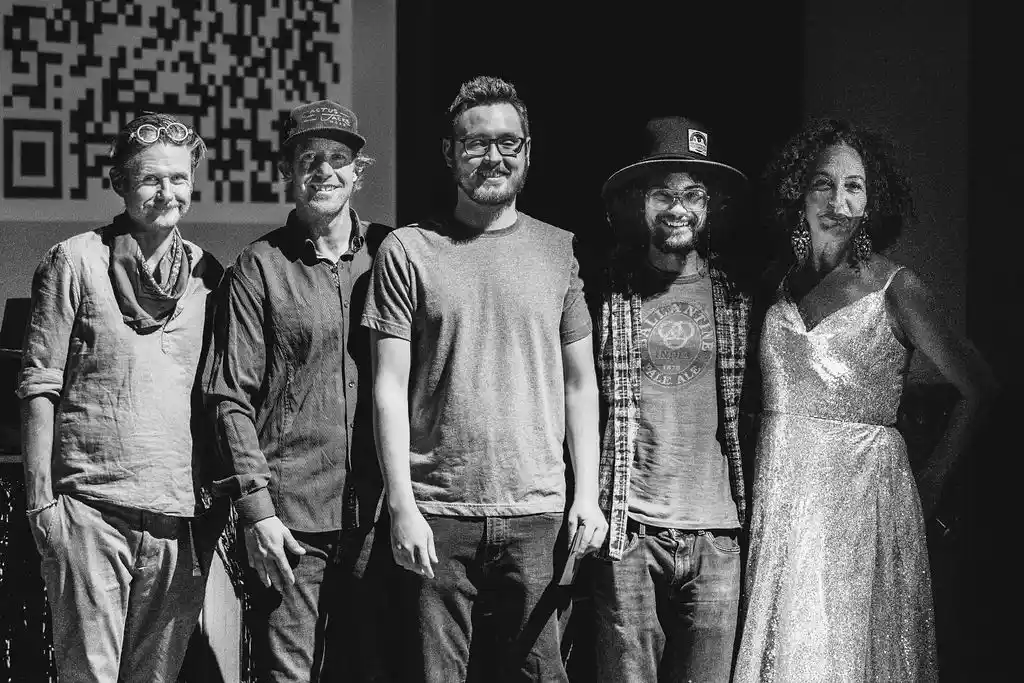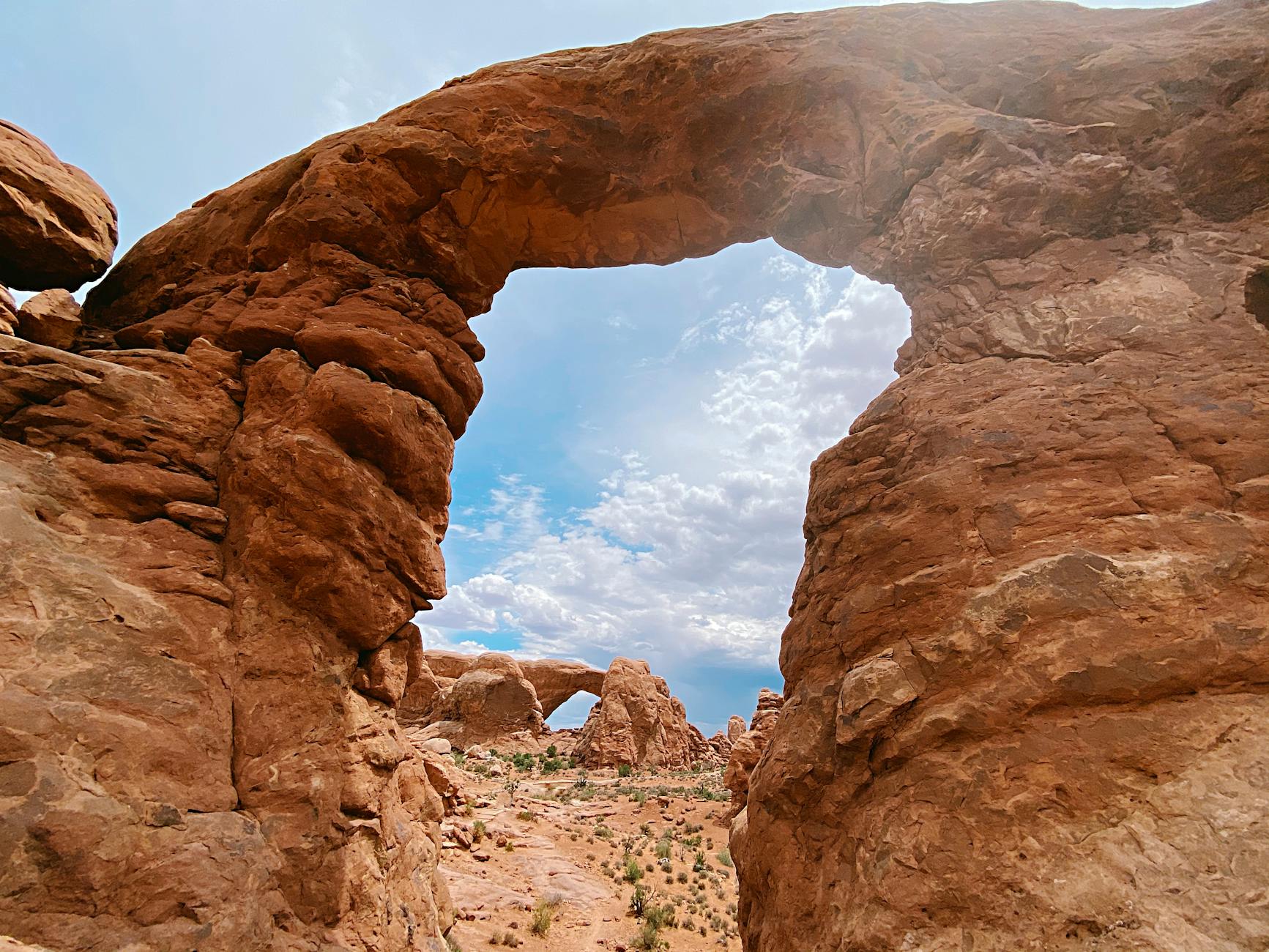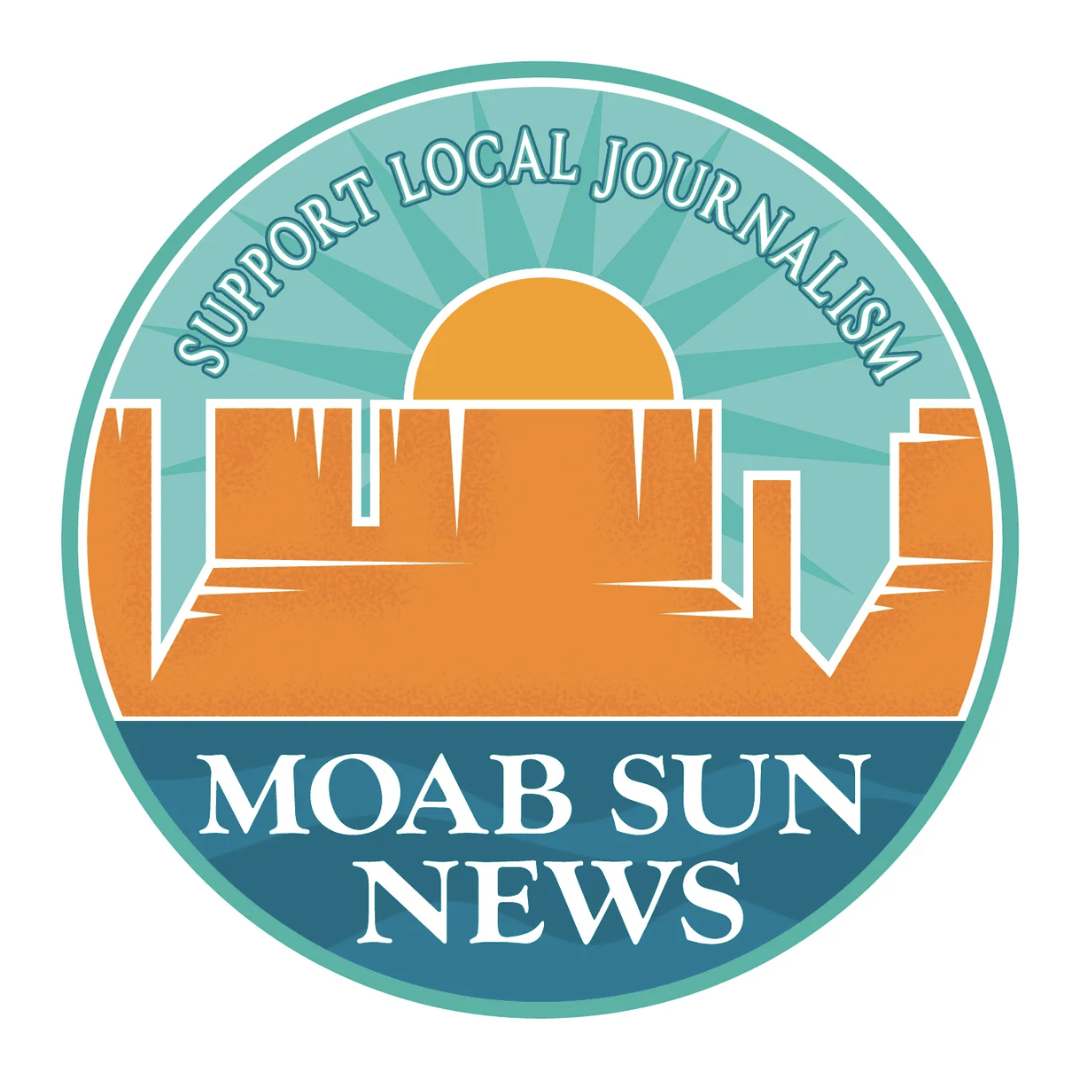The Moab City Council’s regular meeting on Feb. 9 featured a lengthy Citizens to Be Heard period, during which several members of the community, the majority all-terrain and off-highway vehicle business owners and stakeholders, urged the council to rethink their approach to Moab’s noise problem.
The council ultimately decided to table making a decision about a temporary land use ordinance that could prohibit the development and expansion of OHV sales, rentals, leasing and other services for 180 days. Instead, councilmembers opted to direct their time and energy towards the state legislature — particularly passing Senate Bill 168.
On Jan. 28, councilmembers debated the merits of passing such a land use ordinance on OHVs. Though the City of Moab and Grand County approved a moratorium on new OHV outfitting and rental services in October 2020, a new temporary land use ordinance would prevent existing OHV businesses in Moab from expanding their number of vehicles. Councilmembers discussed how limiting fleet sizes would impact existing businesses, leading many OHV business owners to voice their concerns on Tuesday.
Business owners speak out
Many representatives and owners of Moab’s off-road tour and rental companies attended the meeting to speak out against the restriction.
Kent Green, the owner of Cowboy Country Offroad Adventures, said that “it seems like the local people who are in business with side-by-sides are being punished and made into the boogeyman.”
Green and other OHV business owners argued that offroad vehicle outfitters are not to blame for Moab’s noise issues and that limiting existing fleet sizes would not solve the problem. Some blamed tourists bringing private OHVs for the racket.
“We don’t like the noise either; we know that so many decibels can cause issues to your health, so we’re here to help,” said Mark Moore of Moab Tour Company.
Jeremy Rowan of Outlaw Jeep Adventures agreed.
“Businesses are not the problem here; we are trying to help and educate people,” said Rowan, who referenced a recent BLM special recreation permit update limiting OHV businesses to five vehicles on guided tours.
Other meeting attendees told councilmembers how a limit on OHV fleet sizes would impact not only their businesses but their livelihoods and quality of life.
“When this moratorium goes into place, there’s going to be a lot of us without jobs,” said Dorrica Brewer, who works for Moab Tour Company.
Travis Clark recently opened OHV tour business Grand Company after years of being an active OHV enthusiast. Clark is also a Moab Police Department officer.
“We’re the stewards of the land; we’re not the issue,” said Clark. “There’s something else we can do about this that’s not shutting people down from making a living.”
On the other side of the issue, Moab citizens living in residential areas voiced their support for the city council’s moratorium and continued restrictions for OHV users and businesses.
“My neighborhood is on the road that leads to the Sand Flats, and the noise is terrible, especially in the summer. You can’t keep your windows open if you want to sleep at night,” said Miriam Graham. “It’s really important to figure out a way to limit the noise in the neighborhoods. I support limiting fleet sizes to give the moratorium some teeth.”
Chloe Hedden said that she was born and raised in Moab and has never seen locals more upset or unified about any other issue.
“Constant noise is a health risk; it’s driving us crazy and driving us away,” said Hedden. “Many people who have lived here for decades and greatly contributed to this community are leaving.”
“The moratorium that you guys are discussing tonight and that is in place is good; please do not allow local, existing businesses to expand their fleet sizes during this time while you work out the specifics of the land use code,” said Hedden. “We must say no and enough is enough. If we can’t do it now, then when?”
Council discussion
Following the Citizens to Be Heard period, the mayor and councilmembers briefly discussed what, if any, action should be taken on the temporary land use ordinance under consideration.
At Tuesday’s meeting, Councilmember Kalen Jones moved to table discussion on the land use ordinance in favor of directing energy and resources towards supporting the passage of Senate Bill 168 in the state legislature. Jones noted that the proposed legislation would make an impact on local residents.
If passed, the bill would allow the City of Moab and other communities to designate certain streets or highways in one of two ways: as open for OHV use or as open for limited OHV use to allow OHV users to access areas that are designated for OHV activities. In other words, Moab may be able to restrict OHV users to only use certain roads to access OHV trails — they would not be permitted to freely ride OHVs on such designated roads.
However, a city cannot prevent street-legal OHV use on streets or highways where other street-legal vehicles, such as motorcycles, are allowed.
SB 168 would also allow designated resort communities, such as Moab, to restrict the use of street-legal OHVs on roads maintained by the city and between the hours of 8 p.m. and 8 a.m. The bill outlines that OHVs may not be operated on any street or highway not explicitly open for OHV use.
“The state legislature only meets for 45 days,” noted Jones. “In the last four weeks of the legislative session, I’d like our city resources and staff time to be wholly focused on the state legislative effort and to see if the ATV lobbyists, businesses, owners and state legislators are willing to back up their stated concerns about the Moab noise crisis by supporting and passing SB 168 as written.”
SB 168 is sponsored by freshman Sen. Mike McKell (R-District 7) and was introduced to the Senate on Feb. 4. It was discussed in committee on Feb. 5 and received a Favorable Recommendation from the Senate Transportation, Public Utilities, Energy, and Technology Committee on Monday.
Also on Monday, Sen. Wayne Harper (R-District 6) proposed an amendment to the bill, which would only allow resort communities to restrict OHV use between the hours of 11 p.m. and 6 a.m. rather than 8 p.m. to 8 a.m.
The Grand County Commission voted to table discussion on the temporary land use ordinance against OHVs by a vote of 5-0.
“The passage of any legislation on the state level takes a lot of work to educate the state legislators about the situation in Moab and to get agreement from different interests,” noted Jones.
“We are all working diligently on the state level toward the passage of this bill,” said Mayor Emily Niehaus.
The Moab City Council meets on the second and fourth Tuesday of every month at 7 p.m. Meetings are streamed online at the Moab City Youtube channel. Schedules, agendas and opportunities for public comment can be found at www.moabcity.org





